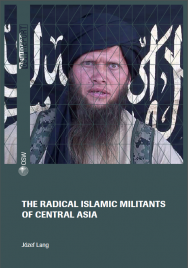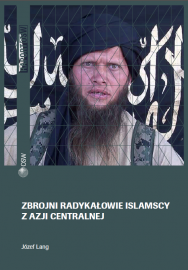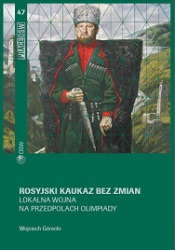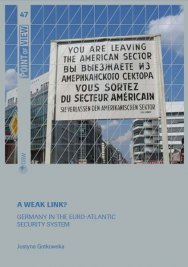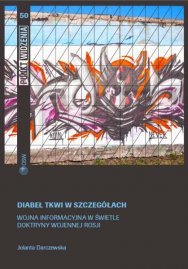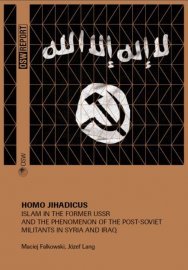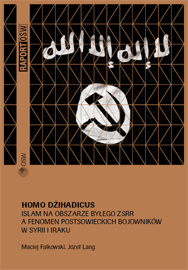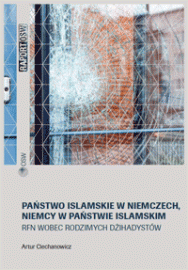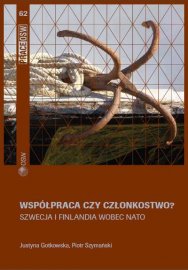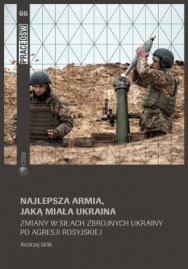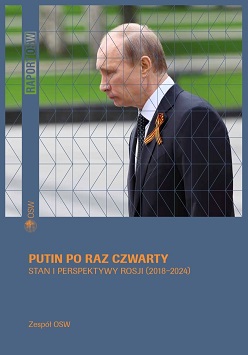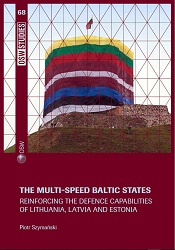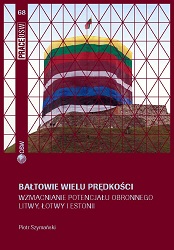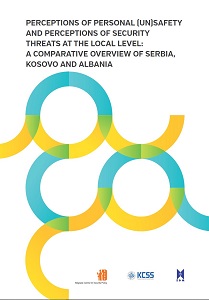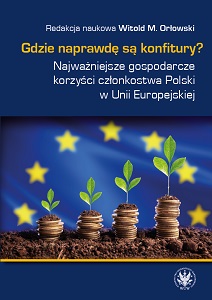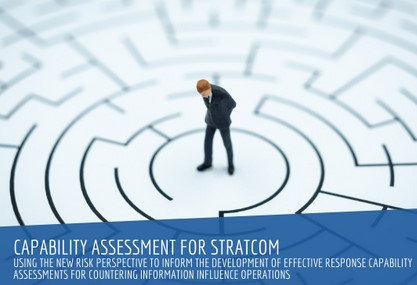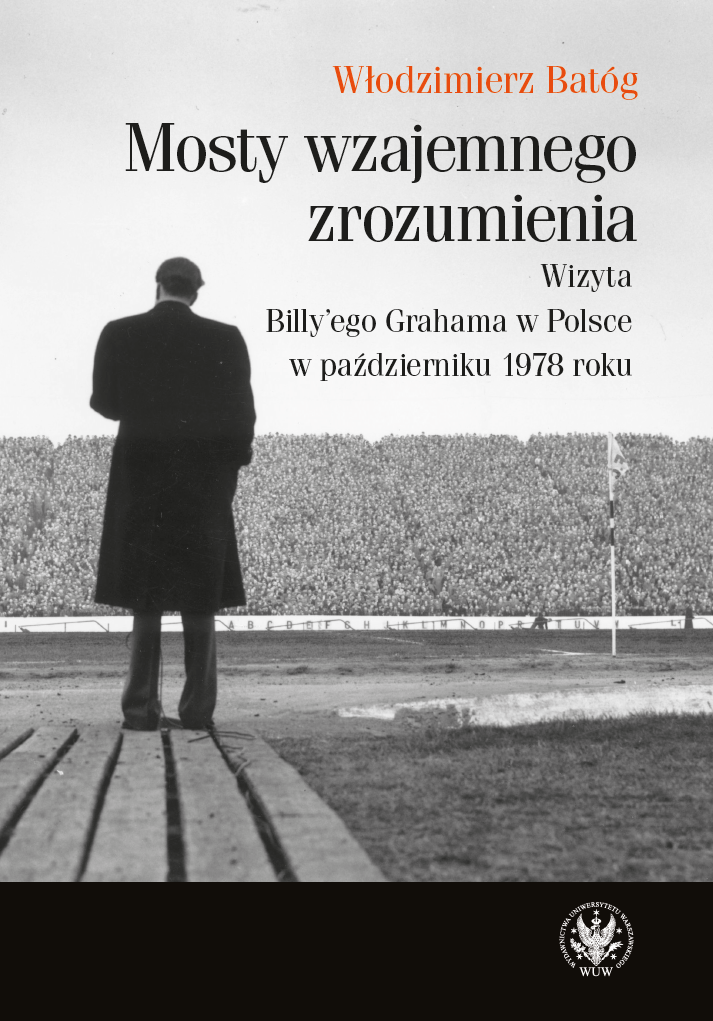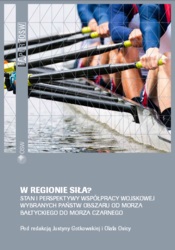
W regionie siła? Stan i perspektywy współpracy wojskowej wybranych państw obszaru od Morza Bałtyckiego do Morza Czarnego
Malejące wydatki na obronność w Europie wraz z trudnościami w formowaniu spójnej polityki bezpieczeństwa UE, przeobrażeniami NATO, reorientacją polityki bezpieczeństwa USA i problemami europejskiego przemysłu zbrojeniowego przyniosły w ciągu ostatnich lat wzrost zainteresowania współpracą polityczną, wojskową i wojskowo-techniczną w Europie. Zainteresowanie to znalazło odzwierciedlenie w koncepcjach zacieśniania współpracy na forum NATO i UE (smart defence oraz pooling&sharing), w inicjatywach dwu- i wielostronnych poza strukturami Sojuszu i Unii (współpraca nordycka, francusko-brytyjska) oraz w dyskusjach na temat uwarunkowań, zasad i celów dwustronnej, wielostronnej i regionalnej kooperacji w obszarze bezpieczeństwa i obronności. // W tym kontekście niniejszy Raport ma na celu analizę stanu i perspektyw współpracy w dziedzinie bezpieczeństwa i obronności wybranych państw obszaru od Morza Bałtyckiego do Morza Czarnego: państw nordyckich (Danii, Finlandii, Norwegii, Szwecji), państw bałtyckich (Estonii, Litwy, Łotwy), partnerów Polski z Grupy Wyszehradzkiej (Czech, Węgier, Słowacji) oraz Rumunii i Bułgarii. Autorzy Raportu kierowali się założeniem, że państwa te są naturalnymi partnerami Polski w pogłębianiu współpracy w tym obszarze, stanowiąc uzupełnienie „zachodniego” kierunku polskiej polityki bezpieczeństwa – relacji z partnerami z Trójkąta Weimarskiego oraz z USA.
More...
